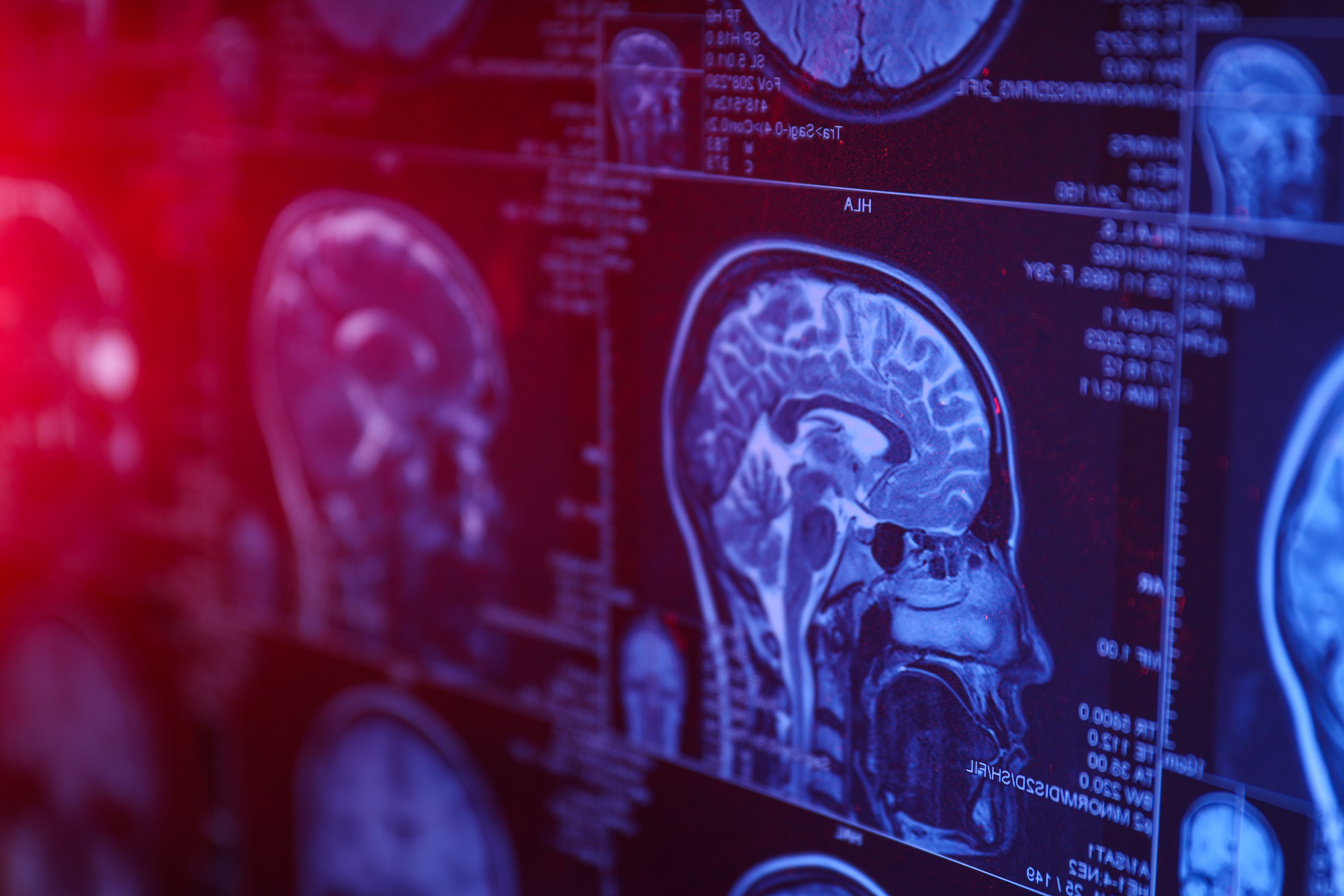10 Mind-Blowing Effects of Exercise on Your Gray Matter
We all know exercise strengthens the body—but what it does to your brain is nothing short of extraordinary. Beyond toned muscles and improved endurance, physical activity triggers a cascade of changes in your gray matter that can sharpen your mind, lift your mood, and even rewire how you handle stress. Whether it's a brisk walk or a full-blown workout, movement fuels mental clarity, boosts memory, and enhances emotional resilience in ways that science is only beginning to fully understand. And the best part? You don’t need hours in the gym to feel the impact—just ten minutes a day can spark noticeable cognitive shifts. From better focus to deeper sleep, the brain-boosting effects of exercise are powerful, lasting, and surprisingly accessible. We’ve expanded our guide to uncover 10 Mind-Blowing Effects of Exercise on Your Gray Matter—each one backed by research and real-life transformation. Your brain’s best workout starts now.
1. Exercise Affects Self-Esteem

The effects of working out and exercising have proven to increase self-esteem in many ways. When one is physically active, one of the short-term benefits is the exercise enhances their mood and gives more of a positive outlook, which temporarily increases their self-esteem. The long-term benefits of regular exercise are it makes the individual feel good about their abilities and physique they can achieve through hard work and dedication, which in turn increases their self-esteem. There are many ways to successfully use exercise to enhance self-esteem such as exercising with a friend, creating realistic goals, tracking progress, and rewarding oneself for their accomplishments.
2. Physical Activity Reduces Stress and Anxiety

Everyone gets stressed from time to time, but it has been reported an average of seven out of ten adults in the United States experience stress or anxiety daily, and most of those who experience stress and anxiety say it interferes with their lives. Although there are many effective methods for managing stress and anxiety, getting regular exercise is considered the best. Exercise and physical activity release endorphins, which are hormones in the brain and nervous system responsible for relieving feelings stress and anxiety, and increasing feelings of pleasure, euphoria, and pain relief. Low levels of endorphins are associated with the opposing effects such as stress, anxiety, physical and emotional pain, and addiction.
3. Exercise Can Improve Memory and Reduce The Risk Of Cognitive Decline

As we age, it is inevitable that some of us will experience cognitive decline while others may not. Learning new information may become more of a challenge, but the risk of cognitive decline can be reduced by becoming more physically active. A study published in 2011 in an issue of the Proceedings of the National Academy of Sciences of the United States of America proved that seniors who walk for thirty minutes, three times a week increased the volume of their hippocampus which improved the function of their memory. Through many studies, it has been proven just thirty minutes of light cardio a few times a week can increase memory and reduce the risk of cognitive decline.
4. Exercise Can Boost Libido

Exercise can benefit many aspects of life, but did you know it can actually boost your libido? Physiologically, libido is increased due to better muscle strength, increased endurance and flexibility, and increased blood flow, though doesn’t end there. Males who exercise one hour a day, three to five times a week may experience more frequent erections, better bone density, as well as increased strength and sexual urges. In contrast, due to higher testosterone levels from working out, women may experience intensified arousal, higher energy levels, improved strength, and increased sexual urges. However, it is important to note too much exercise may produce the opposite effect.
5. Better Quality Of Sleep

Thirty-five to forty percent of adults in the United States claim to have issues with falling asleep or daytime sleepiness. However, one can achieve a better quality of sleep if they begin a regular exercise routine. A national study composed of over 2,600 men and women over the age of eighteen, determined 150 minutes of exercise each week presented a sixty-five percent improvement in the quality of sleep. Similarly, 150 minutes of exercise gave the individuals more energy throughout their day and increased alertness. As little as ten minutes of aerobic workouts each day, like cycling or walking can drastically improve the quality of sleep.
6. Enhances Creative Thinking

Stuck in a mental rut? A brisk walk or light workout might be the spark your brain needs. Studies have shown that aerobic exercise enhances divergent thinking—the kind of free-flowing, out-of-the-box thinking essential for creativity. Unlike logic-based problem-solving, creativity thrives on flexible, open neural pathways, which physical activity helps stimulate by boosting oxygen flow and increasing dopamine levels. In fact, researchers from Stanford University found that walking can increase creative output by up to 60%. Whether you’re brainstorming ideas or facing writer’s block, movement can help you access insights your desk can’t. Creativity, it turns out, is just a few steps away.
7. Builds Emotional Resilience

Exercise doesn’t just help you manage stress—it builds your capacity to handle it in the future. Regular physical activity trains your nervous system to rebound faster from emotional disruptions. Over time, your body becomes more efficient at regulating cortisol, the stress hormone, which translates into greater emotional resilience. This means fewer breakdowns, faster recoveries, and a steadier mindset under pressure. High-intensity interval training (HIIT) and mindful movement like yoga both contribute, creating a balance between release and regulation. If life feels overwhelming, training your body might be the most underrated way to fortify your mind.
8. Sharpens Focus and Attention Span

In an age of constant distractions, focus is gold—and exercise helps you mine it. Physical activity improves blood flow to the prefrontal cortex, the brain’s control center for attention and decision-making. Just twenty minutes of moderate exercise can boost concentration and cognitive control for hours afterward. In fact, many schools that integrate movement breaks report better classroom behavior and learning outcomes. For adults, a midday workout or even a walk around the block can rewire your brain for sharper focus, better task-switching, and less mental fatigue. Think of it as mental windshield wipers—clearing away the fog so you can stay locked in.
9. Supports Long-Term Brain Health and Neuroplasticity

Your brain is constantly changing—and exercise helps shape it for the better. Regular physical activity increases levels of BDNF (Brain-Derived Neurotrophic Factor), a protein that promotes the growth of new neurons and strengthens existing ones. This process, called neuroplasticity, is crucial for learning, adaptability, and long-term brain health. Cardio-based workouts, in particular, have been linked to greater volume in brain areas like the hippocampus and prefrontal cortex—both vital for memory and executive function. Translation: staying active isn’t just good for now—it helps future-proof your brain against cognitive decline, neurological disease, and age-related loss.
10. Reduces Symptoms of Depression and Boosts Mood

Exercise is increasingly being recognized as a legitimate tool in treating depression—not just as a complement to therapy, but in some cases, as a standalone treatment. Physical activity increases the production of serotonin and endorphins, two brain chemicals strongly associated with happiness and emotional well-being. But the benefits go beyond biology—exercise also offers structure, social connection, and a sense of progress, all of which are critical when navigating low moods. Whether it’s a solo run or a group fitness class, the act of moving with intention can help break the cycle of inertia and emotional numbness. For many, exercise becomes the first light on the darkest days.
Your Brain on Exercise: The Real Transformation

When we think of fitness, we often picture muscle gains and endurance—but the most profound changes happen above the neck. Exercise isn’t just about sculpting your body; it’s about rewiring your mind. From sharper focus and better sleep to emotional resilience and boosted creativity, movement taps into the brain’s full potential in ways no pill or podcast can match. It’s not about how long you train—it’s about showing up, moving with intention, and letting your body do what it was built for. Whether you're chasing mental clarity, lifting your mood, or simply looking to feel more like yourself again, exercise delivers. We've expanded our list to reveal 10 Mind-Blowing Effects of Exercise on Your Gray Matter, each one a reminder that the best version of you already lives inside—waiting for the right cue to emerge. And often, that cue is as simple as taking the first step.
